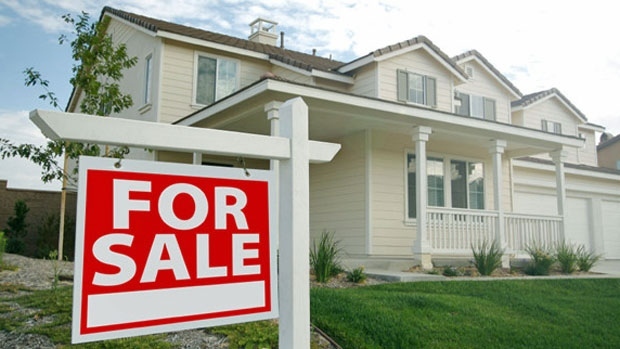During the recent recession, the dream of owning a home might have taken quite a beating. However, most Americans still claim that buying a home is something that is a part of their financial goals. There is a good reason for this. Owning a home tends to be a critical part of the long term financial strategy for many people. It also plays quite an important role when it comes to improving the economy’s health and it also provides the space that growing families need.
However, when the housing market recently collapsed, it made it very clear that owning a home simply isn’t for everyone. It is a significant commitment for the long term and it requires the buyer to have a strong standing financially as well as the timing needing to be right.
Let’s take a peek at a few of the things that need to be considered before you buy a home.
Hidden Costs
The down payment and your monthly mortgage are not the only things that you need to think about. You also need to think about the ongoing sorts of costs that go hand in hand with owning a home. These costs include things like maintenance, utilities, closing fees, realtor fees, insurance, property taxes, and more. Some things, like the utilities, you might be able to shop around to get a better rate on (click here for more information on that). Others, like taxes, you won’t have any wiggle room on.
Home Inspections
The first hit that this can be something that is significant when it comes to purchasing a home is that a home inspection can actually be utilized as a contingency when it comes to making an offer on a new home. This contingency typically states that if there are significant defects in the house that are revealed during the home inspection, you will have the option to back out of the offer without incurring any penalties within a certain period of time.
Know Your Credit
Before you even begin to look for your first home, you need to take a close look at your credit score. The higher the credit score, the more money that will be able to be borrowed. Additionally, if you have a higher score, you will be able to get better interest rates. If you want to have a shot at the rock bottom interest rates, you need to have a score of 700 or higher. If you don’t happen to have a score that is in a range that you are comfortable with, postpone looking for a home to buy until you get that score up. You can do this by making sure to pay all of your bills on time and by lowering the ratio of your debt to credit limit.
Know Why You Want It
Before you begin the search for your new home, you need to know why you want it. This might seem to be common sense, but it goes a bit deeper than that. You will need to know what the purpose of the house will be. Will you rent it out or live in it yourself? If you are going to live in it yourself, you need to know if your family will be growing in the future. Having the answers to these questions will allow you to figure out what type and size loan you will need as well as the size of the house that will make sense in combination with your needs for both the short and long term.
Affordability
Before you even begin to consider how many bedrooms you prefer, you need to determine what you can afford comfortably. You need to take a complete inventory of things like your income, debts, savings, assets, and expenses. Once you have this information, you might want to have a sit down with a financial advisor to determine the price range that will be best for what you can afford. The very last thing that anyone wants to do is begin looking for a home and find one that they fall in love with… only to come to find that it is far out of their price range.





Leave a Reply